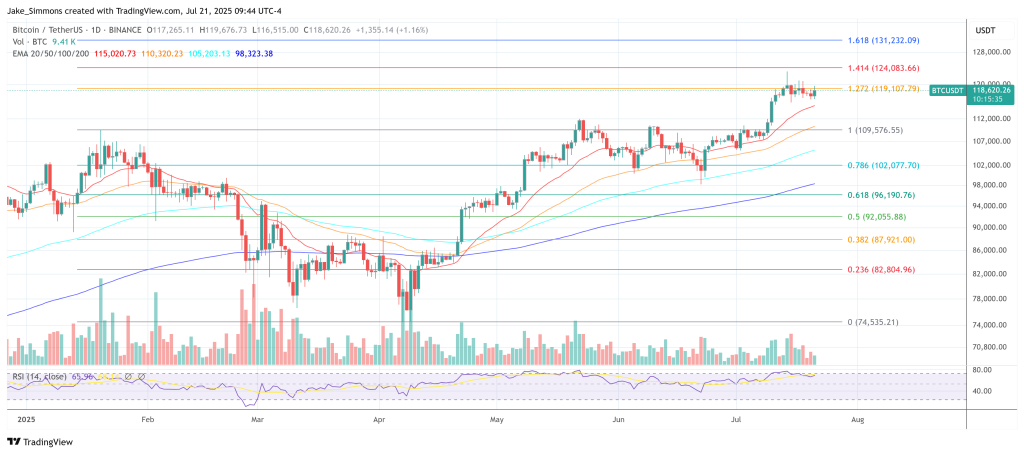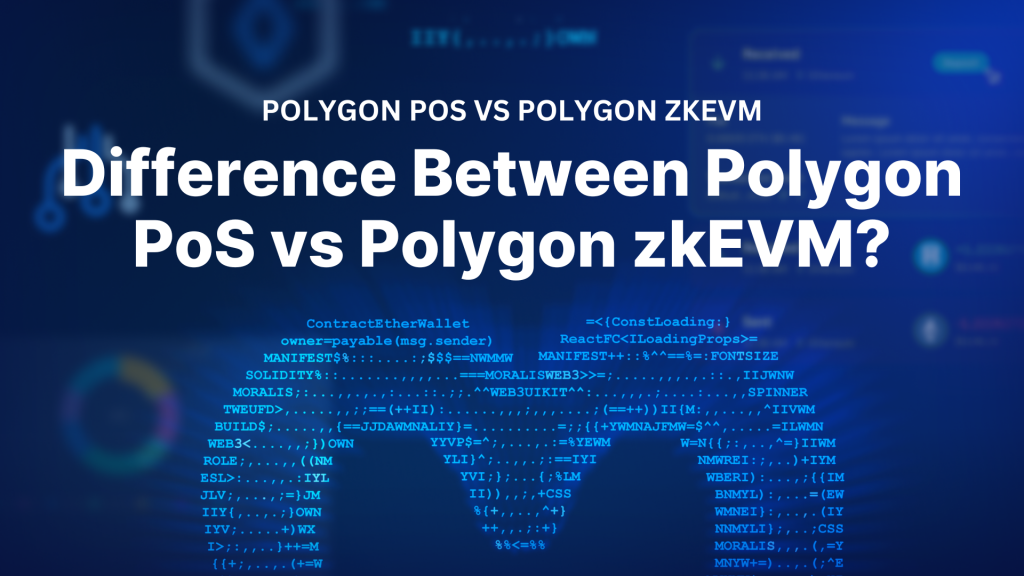
The controversy over who ought to management—and pay for—entry to US customers’ banking information turned acrimonious after Gemini co‑founder Tyler Winklevoss claimed that JPMorgan Chase & Co. is “attempting to kill fintech and crypto corporations.” In an prolonged X thread posted late Sunday, Winklevoss charged that the nation’s largest financial institution desires “to remove your proper to entry your banking information for FREE through third‑occasion apps like Plaid and as an alternative cost you and fintechs exorbitant charges.”
He warned that the proposed tolls would “bankrupt fintechs that enable you to hyperlink your financial institution accounts to crypto corporations like Gemini, Coinbase, and Kraken so you may simply fund your account w/ fiat to purchase bitcoin and crypto.”
JP Morgan Vs. Crypto
Winklevoss’ broadside landed ten days after Bloomberg first disclosed that JPMorgan has distributed value sheets to information aggregators outlining utilization‑primarily based charges for utility‑programming‑interface (API) calls that transfer buyer information to exterior apps. Reuters subsequently confirmed the plan and printed the financial institution’s preliminary protection: “We’ve invested important sources making a precious and safe system that protects buyer information. We’ve had productive conversations and are working with your entire ecosystem to make sure we’re all making the mandatory investments within the infrastructure that retains our clients secure.”
The timing is delicate. Final October the Client Monetary Safety Bureau (CFPB) finalized its Private Monetary Knowledge Rights Rule underneath Part 1033 of the Dodd‑Frank Act, requiring banks at hand over a buyer’s checking and credit score‑card information—without charge—each time the client asks a 3rd occasion to retrieve it.
Hours after the rule’s launch, the Financial institution Coverage Institute and the Kentucky Bankers Affiliation sued the CFPB in federal court docket, arguing that regulators had exceeded their authority and jeopardized information safety. The case is pending in Lexington, however underneath the Trump administration the CFPB has taken the weird step of telling the decide that the rule it wrote “must be vacated,” a reversal that critics say emboldened JPMorgan to maneuver forward with a pay‑to‑play mannequin.
JPMorgan chief government Jamie Dimon insists the charges merely recoup infrastructure prices. “It prices some huge cash to arrange the APIs and stuff like that to run the system,” he advised analysts on final week’s earnings name, including that third events “ought to pay for accessing the banking system and cost rails,” based on Funds Dive.
The conflict has spilled into crypto‑political circles. Winklevoss argued that the banks’ lawsuit “undercut President Trump’s mandate to make America the professional‑innovation and the crypto capital of the world.” Legal professional John E. Deaton echoed the sentiment, recalling that he “put nearly all of my wealth” into digital belongings after Dimon referred to as Bitcoin a fraud and labeling the JPMorgan chief “Public Enemy #1.”
Deaton additionally highlighted JPMorgan’s historic compliance fines, asserting that the financial institution “has been fined $40 billion throughout 281 violations since 2000.” Enterprise capitalist and presidential Crypto Czar David Sacks summed up the controversy in a single phrase: “Regarding.”
Behind the rhetoric lie concrete stakes for crypto exchanges, which depend on Plaid, MX, Yodlee and comparable gateways to confirm buyer accounts and pull in fiat. If information aggregators soak up new charges, they’re anticipated to move not less than a part of the price to excessive‑frequency customers—together with exchanges that automate money sweeps—elevating onboarding friction simply as US regulators are inching towards clearer securities steering for digital‑asset platforms.
At press time, Bitcoin traded at $118,620.

Featured picture created with DALL.E, chart from TradingView.com

Editorial Course of for bitcoinist is centered on delivering completely researched, correct, and unbiased content material. We uphold strict sourcing requirements, and every web page undergoes diligent overview by our staff of prime expertise consultants and seasoned editors. This course of ensures the integrity, relevance, and worth of our content material for our readers.


















